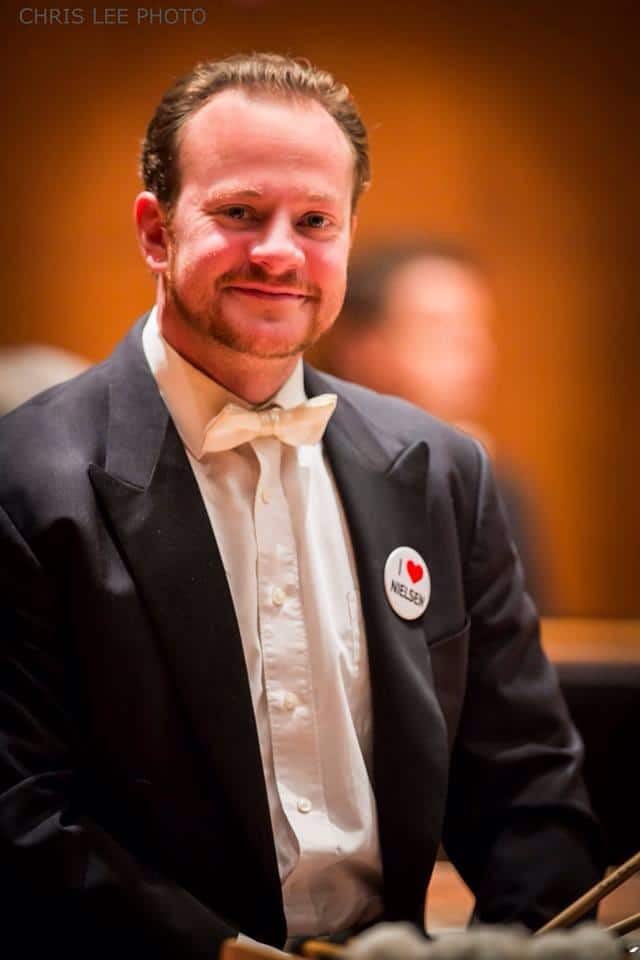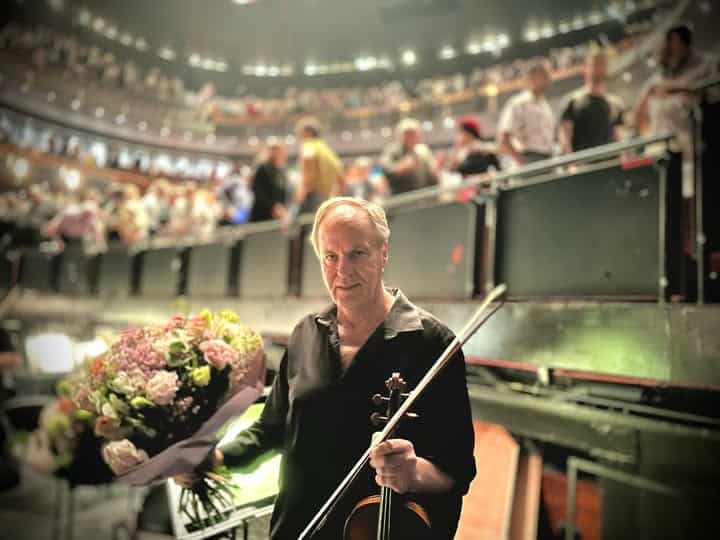What a timpanist makes in the New York Philharmonic
mainCrain’s New York Business reports: Philharmonic musicians’ base salary, negotiated by the players union, is nearly $147,000. On top of that, principals have individual contracts with the orchestra, the terms of which are not disclosed. Rhoten is also a salaried faculty member at Juilliard.
More alarming is what Markus Rhoten had to do to get there: By age 10, Rhoten recalled, “I would come home from school and practice piano for an hour, drums for an hour, vibraphone for an hour and then cello for an hour.”
Where did that childhood go?
More here.

photo: Chris Lee





Comments